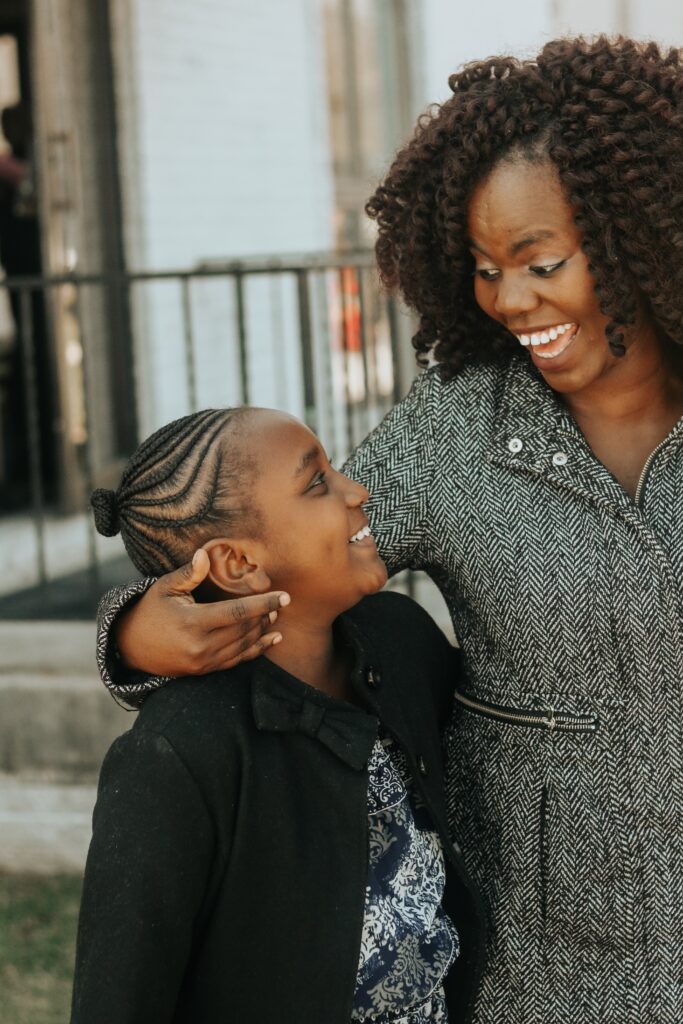Gentle Parenting: How Raising Your Child Gently Could Benefit Them and Strengthen the Parent-Child Relationship
Share

Children are unique in every sense of the word. There is no one and inarguable way of raising kids widely agreed upon as a universal parental canon. However, gentle parenting has been growing in popularity and favour for its unorthodox approach of growing children in softer and more mindful ways meant to inspire children to become better people rather than beating and bullying them into coerced submission.
Gentle parenting takes on a proactive stance rather than a reactive one. Through intentional and respectful communication, gentle parenting emphasises raising the child by going down to their level and walking with them at their pace. Old-school parenting calls talking back “rude” and “backchatting”; gentle parenting encourages the child to express their thoughts and that it’s good to do so. Conservative parenting defends corporal punishment as a means of administering discipline; gentle parenting frowns upon such in favour of patient care and other non-physical forms of punishment like grounding or pushing the child to self-introspect.
Gentle parenting is quickly becoming this era’s preferred standard of parenting; here are a few things to consider on how this parenting style could benefit your child and your relationship with them.

Your Child Will Grow Up to Be Gentle at Heart
Constant scolding (and even using swear words at them) will eventually become your child’s inner voice. And once your child develops the same negative voice, they will end up becoming their own worst enemy as they grow older. Your child will have to do a lot of self-care and self-healing to reverse the damage you could’ve prevented had you been gentler with them.
Your Child Won’t Be Anxious Around You (and People in General)
Some friends of mine have cited that their anxiety issues started in their homes during childhood; this shouldn’t be the case for your child. To every child, their father is the Black Panther and their mother Wonder Woman, heroes who can do no wrong, heroes they know they can run to. But it’s sad that in some homes, children listen to their parent’s footsteps because they are nervous about what they will do and say, rather than being excited that their hero is getting close to them.
Gentle parenting will ensure that your relationship is transparent and based on trust and empathy, not fear and force. Your child will know you as their refuge, not a source of reproach to stay far away from. You might find your child being more vulnerable with you because they know you won’t mock or dismiss them.
The Child Will Be Resilient and Okay With Failure and Disappointments
Stumbling and falling are a natural part of life; nobody is excluded from experiencing those things. Yet, there are children in harsh homes who not only break down when they fail but are also utterly afraid of their parents ever finding out. Some kids call themselves “stupid” (remember that inner voice I mentioned earlier?) and unfairly chastise themselves. Some children lie about their school reports because they are scared their parents will go crazy. Other kids think it’s the end of the world when they break a plate by mistake. These are kids who aren’t afraid of misfortune or failure but of their parents and their reactions.

Being gentle with your child after they suffer a hiccup will help train their inner voice to be kinder. Not only will they be gracious to themselves, but they’ll also be able to extend the same treatment to others who might fail and disappoint them. Instead of wallowing and developing a depressive tendency, the inner voice you instilled in them through gentle parenting will lift your child and encourage them to get back up and be positive about life and things in general.
There is a lot to be explored under gentle parenting. While detractors might think gentle parenting is a subtle way of spoiling children (supposedly ruining them by not raising them with a firm enough hand), its benefits far outweigh the criticism. After all, if your child grows up to be emotionally intelligent, self-aware, gentle, kind, patient, and considerate to others and self, isn’t that a win?
Your child must be thought of and feel safe, heard, and loved, at their best and worst.




